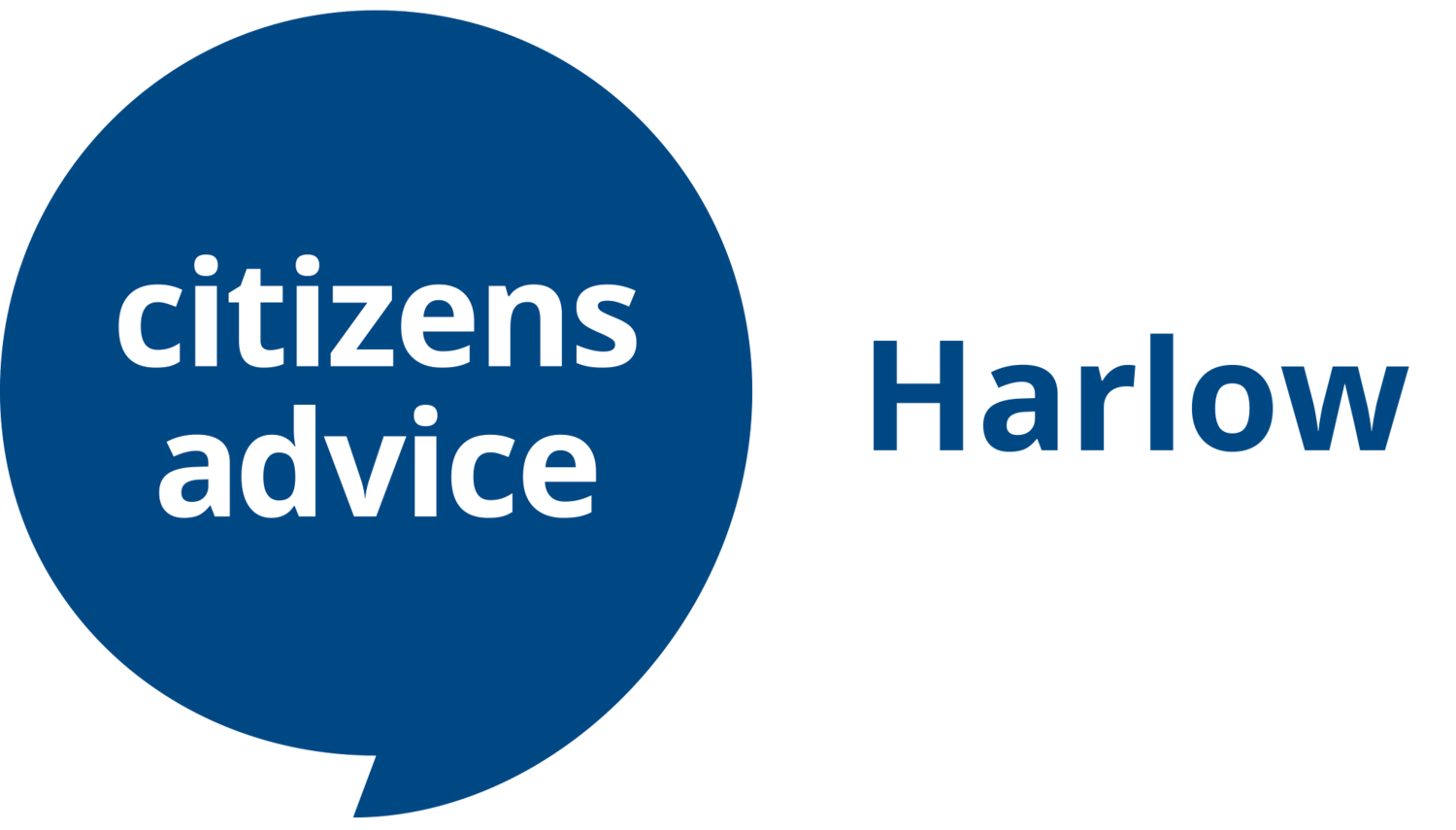Maddie was living in a council property with 2 dependent children and an adult. The household was receiving the following benefits ……….
Client Profile:
Maddie was living in a Council property with 2 dependent children and an adult. The household was receiving the following benefits: Child Benefit (CB), Personal Independence Payment (PIP), Universal Credit (UC) with Limited Capability for Work and Work Related Activity (LCWRA), and Council Tax Support (CTS).
Reason why client needs advice:
Maddie called our Adviceline to get help with her debts, she explained that she had mental health issues. She panics with bills and paperwork, and feels unable to deal with the debts she has. She does not understand the letters she receives and does not know the full amount of debt owed.
When Maddie has support or is having a good day with regards to her health, she will agree to payments and set them up as standing orders or direct debit payments so they don't get missed in the future.
Maddie wanted to work out her budget to understand how much she owed and make plans to repay the debts.
What we have done to help the client:
After receiving her initial call and starting the assessment of her situation, Maddie was provided with a face-to-face appointment with our debt specialist.
The debt specialist completed a financial statement based on her initial circumstances. We used the letters she brought in, her bank statements, and credit reports to try to estimate her costs and debts and the current balances.
We identified that Maddie had a council tax debt passed to bailiffs for enforcement. Our specialist contacted the local council, and they agreed to stop enforcement for 30 days to allow time to work out her debt options.
Maddie was very clear that she wanted to repay all her debts, and based on the assessment and debt advice options, her preference was to agree on payment plans with each creditor.
Further exploration identified an upcoming major change in circumstances. Our specialist prepared another version of the financial statement based on the expected loss of income of around £400 per month when her change of circumstances begins. This changed the suitable debt options for her, and she would not have enough income to clear her debts with payment plans. Maddie chose the option of a Debt Relief Order (DRO) to write off her debts.
To allow time to complete the paperwork for the DRO, our specialist entered her into Breathing Space, which meant the client had 60 days during which no further enforcement action would happen. We then referred Maddie internally to the specialised DRO Unit within Citizens Advice. A DRO application was submitted to the Insolvency Service and was approved.
Maddie was reassured throughout the whole process. We made sure to adapt to her preferred method of contact, and as a result, she was very quick to provide any paperwork needed and attended all her appointments.
Outcome:
Maddie's DRO was completed within three months of contacting us, and all of her debts, totalling £6,750, have been written off.
Before calling us, Maddie had payment plans of £140 per month for her debts which she does not need to pay anymore. We also worked with Maddie to improve her budgeting skills by discussing all of her income and expenditure to make sure she wouldn’t spend more money than what was coming in, thus making sure there was enough money to pay for her bills and basic needs.
NB: Names and certain details have been changed to protect our clients’ anonymity.
